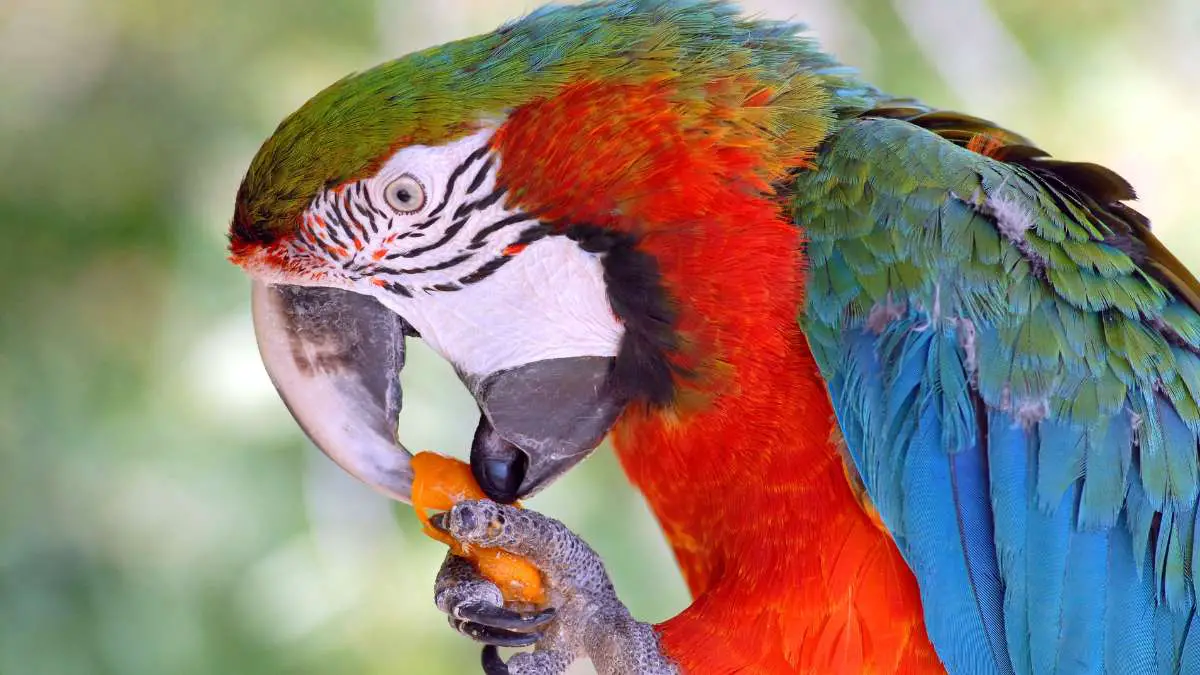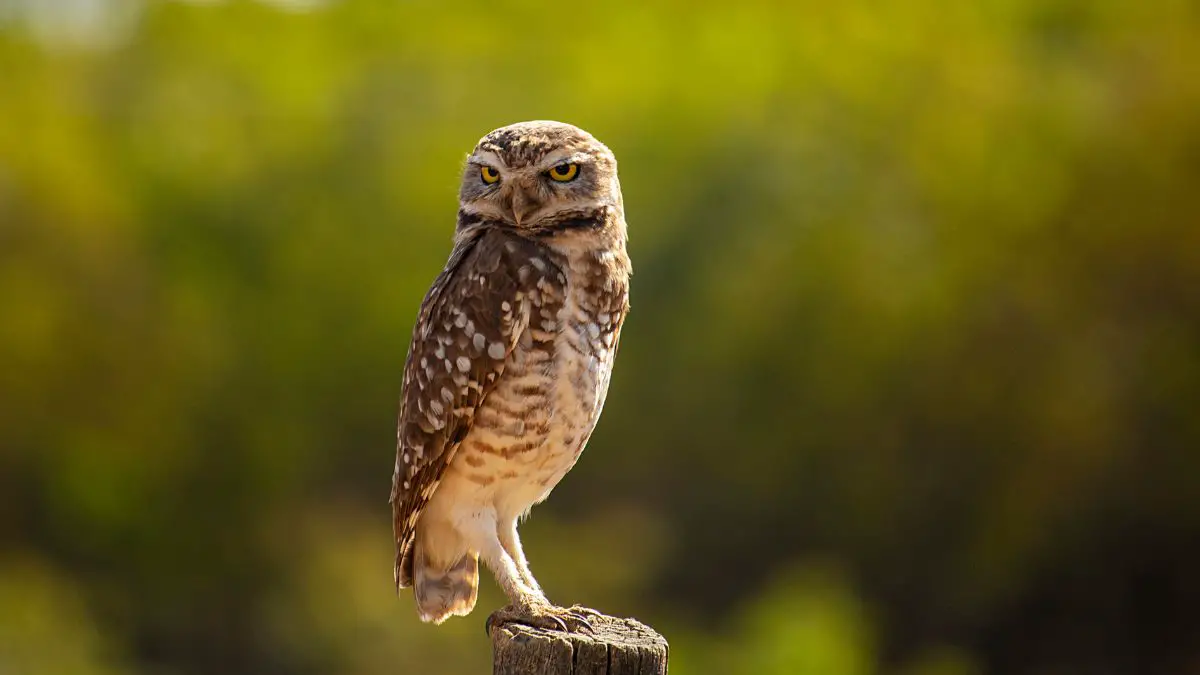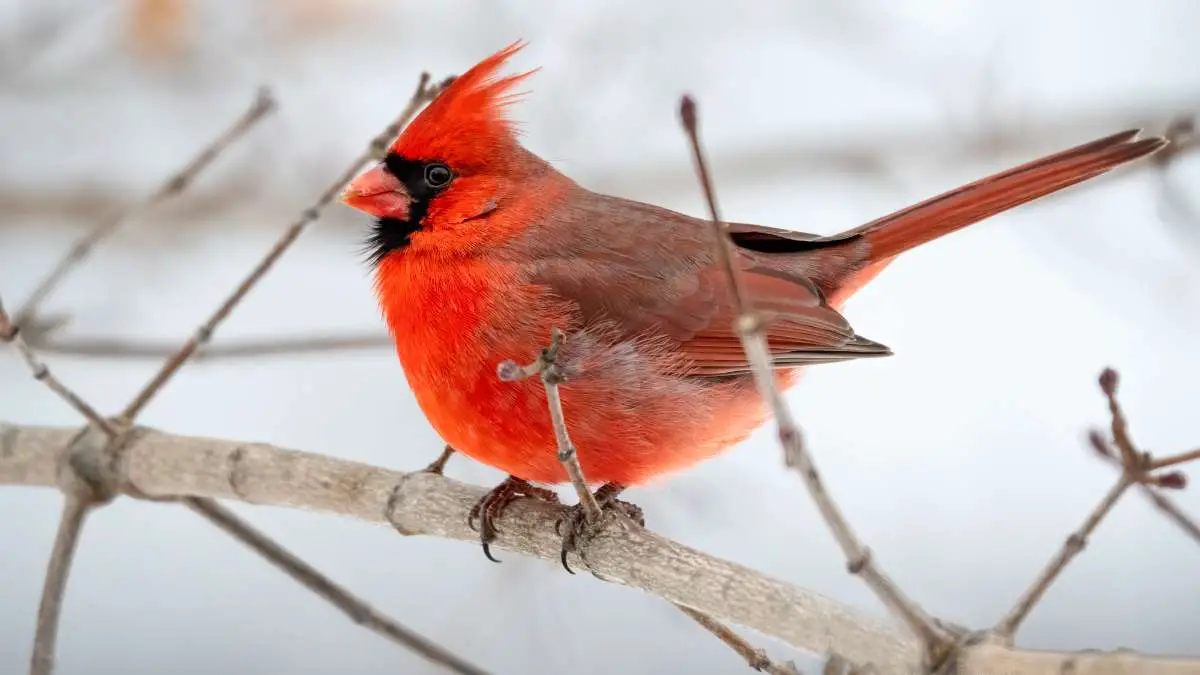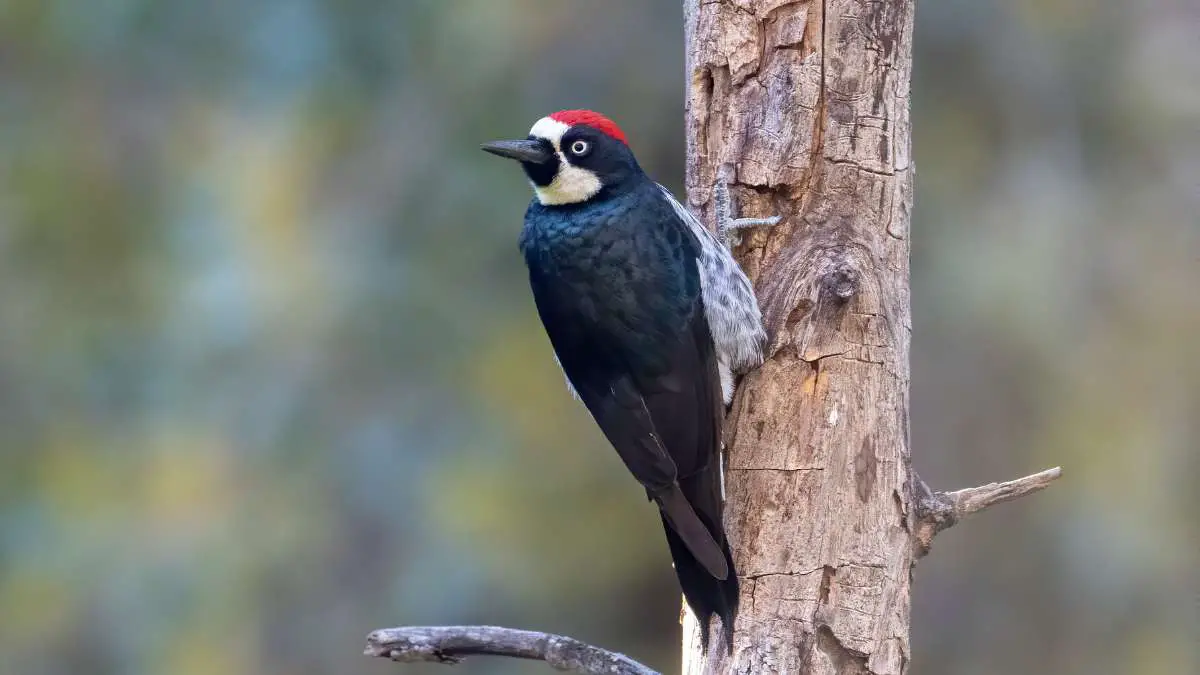Ever wondered about the secret to a macaw’s vibrant feathers and boundless energy? It all boils down to their diet!
In this article, we’ll explore all about macaw diet covering “What Do Macaws Eat?”, dietary considerations, and how to do meal planning for macaws.
Understanding the Natural Diet of Macaws
Origins and Habitats
In the wild, macaws are painting the skies with their vibrant feathers. These majestic birds call diverse habitats home, from the dense rainforests of the Amazon to the open savannahs of Central America.
In these lush environments, macaws find a buffet of foods to choose from. Their menu includes a variety of fruits, nuts, seeds, and even the occasional tasty insect. So, Macaws are primarily herbivores.
It’s a true feast for the senses as these intelligent birds navigate the canopies, plucking fruits and enjoying the rich biodiversity around them.
Nutritional Requirements
Macaws aren’t just about looks; they’re health enthusiasts too! The key to their radiant plumage and overall well-being lies in the nutrients they consume.
Macaws require a balanced diet rich in vitamins, minerals, and proteins. Fruits provide essential vitamins, nuts offer healthy fats, and seeds contribute necessary proteins.
This natural diet isn’t just about survival; it’s a recipe for glossy feathers, robust health, and a zest for life that makes macaws the enchanting creatures we adore.
Domesticated Macaws: Navigating the Pet Diet

Commercial Macaw Pellets
When it comes to ensuring your domesticated macaw’s well-rounded diet, high-quality pellets play a crucial role.
These pellets are specially formulated to meet the nutritional needs of macaws, providing a balanced mix of vitamins, minerals, and essential nutrients.
Opting for a reputable pellet brand is key. Look for options with minimal artificial additives and a diverse blend of ingredients.
Reading product reviews and consulting with avian veterinarians can help you make an informed choice that aligns with your macaw’s health requirements.
Fresh Fruits and Vegetables
Incorporating fresh fruits and vegetables into your macaw’s diet adds a burst of flavor and nutritional diversity. Opt for macaw-friendly options such as apples, berries, carrots, and leafy greens.
To keep things interesting, vary their daily intake, introducing different items regularly. Consider creating colorful and enticing fruit kabobs or mixing veggies into their pellet bowl.
This not only provides essential vitamins but also stimulates their natural foraging instincts.
Nuts and Seeds
Balancing the intake of nuts and seeds is crucial for your macaw’s diet. While these are excellent sources of healthy fats and proteins, moderation is key.
Opt for nuts like almonds, walnuts, and hazelnuts, and seeds such as sunflower and pumpkin. Incorporate them into their diet as tasty treats or mix them with their pellets for added texture.
Remember, portion control is essential to prevent overconsumption, as nuts and seeds are calorie-dense. Regularly monitoring their weight and adjusting portions accordingly ensures a healthy balance in their diet.
Dietary Considerations for Macaw Health
Hydration Needs
When it comes to keeping your vibrant macaw in peak health, ensuring they stay well-hydrated is a top priority. Fresh water is a must-have in their daily menu. Macaws, like us, need a consistent supply to maintain their bodily functions.
To make hydration more enticing, consider offering water in a shallow bowl or even exploring bird-safe water dispensers. Some macaws enjoy a gentle mist from a spray bottle – a fun way to keep them both cool and hydrated.
Potential Health Issues
Understanding and addressing dietary-related health concerns is vital for a happy macaw. Common issues include obesity and malnutrition. To prevent these, focus on a balanced diet rich in nutrients.
Keep a watchful eye for signs like changes in weight, feather condition, and droppings. A proactive approach involves regular check-ups with an avian vet, who can provide tailored advice on your macaw’s nutritional needs.
By staying vigilant and making informed dietary choices, you pave the way for a long and vibrant life for your feathered friend.
Meal Planning for Macaws: A Practical Guide
Sample Diet Plans
Crafting a balanced meal plan is key to your macaw’s well-being. For a daily diet, consider a mix of high-quality pellets, fresh fruits, and vegetables.
A weekly plan could incorporate a variety of nuts and seeds in moderation. Tailor their meals to age, size, and activity level.
Young and active macaws may require more protein, while older or less active ones benefit from a slightly leaner mix. Regularly monitor their weight and adjust portions accordingly to maintain a healthy balance.
Introducing New Foods
Getting your macaw to embrace a diverse menu can be an exciting journey. Start slowly by introducing one new food item at a time. Mix it with familiar favorites to ease the transition.
Patience is key; macaws can be picky eaters. If they show resistance initially, don’t be discouraged. Gradually increasing the proportion of the new food and reinforcing positive behavior with praise or treats can make the process smoother.
Remember, persistence and consistency are the cornerstones of expanding your macaw’s culinary horizons.
Recipes for Macaw Delight: DIY Treats
Homemade Nutritional Snacks
Adding a touch of DIY to your macaw’s treat menu can be both fun and nutritious. Consider whipping up simple snacks using macaw-approved ingredients.
One easy recipe is the “Fruity Delight”: mix diced apples, blueberries, and a sprinkle of chopped almonds. This not only satisfies their taste buds but also provides a burst of vitamins and healthy fats.
For a savory twist, try the “Seed Crunch”: blend sunflower seeds, pumpkin seeds, and a dash of quinoa. Shape into bite-sized balls and let them enjoy the crunchy goodness.
Ensuring treats complement their overall diet is crucial. These homemade delights should be occasional additions, not meal replacements.
Keep an eye on portion sizes, especially if your macaw is prone to weight gain. Balance is key, so these treats should be incorporated into their daily caloric intake.
Experimenting with different recipes allows you to tailor treats to your macaw’s preferences while ensuring they remain a delightful and healthy addition to their diet.
Conclusion: Nurturing Happy and Healthy Macaws
In the world of macaw nutrition, the key takeaway is clear: a happy and healthy bird starts with a balanced and diverse diet.
We’ve explored the significance of commercial pellets, the vibrancy of fresh fruits and veggies, and the crunch of nuts and seeds. As macaw owners, the responsibility lies with us to craft meal plans that suit our feathered friends.
Remember, moderation is the name of the game, whether it’s introducing new treats or adjusting portions. Tailoring their diet to individual preferences ensures not just well-fed but content macaws.
So, let’s keep in mind that the joy of a thriving macaw is found in the variety and care we put into their daily menu. Here’s to nurturing happy and healthy macaws!





5 responses to “What Do Macaws Eat? A Comprehensive Guide to Macaw’s Dietary Needs”
What i dont understood is in reality how youre now not really a lot more smartlyfavored than you might be now Youre very intelligent You understand therefore significantly in terms of this topic produced me personally believe it from a lot of numerous angles Its like women and men are not interested except it is one thing to accomplish with Woman gaga Your own stuffs outstanding Always care for it up
Since the admin of this site is working, no question very shortly it will be
famous, due to its quality contents.
Many people use their lotteries to raise money for beneficial initiatives that improve education, public infrastructure and cultural services.
When you have fun with the lottery, you’re assisting
to account these programs while you fund your own wishes of earning it big.
Have a great time and all the best!
This asset is unbelievable. The wonderful information exhibits the distributer’s earnestness. I’m stunned and anticipate more such mind blowing entries.
Helpful information. Fortunate me I found your web site
unintentionally, and I am stunned why this accident did not
happened earlier! I bookmarked it.